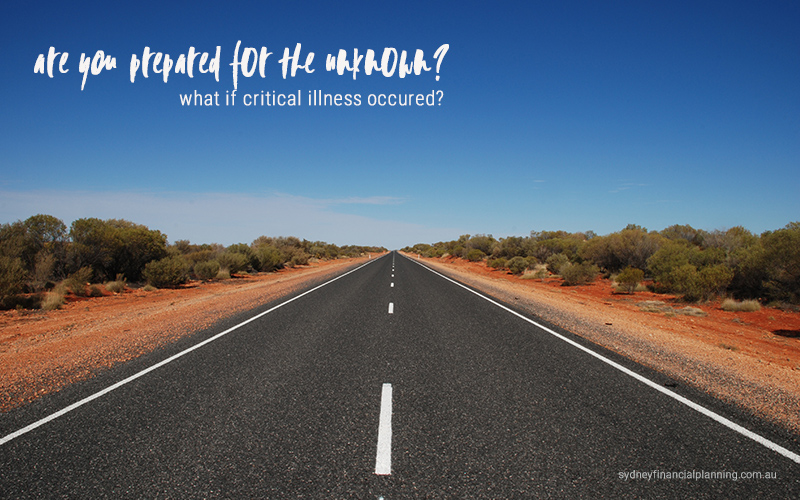Not only the victim suffers when a critical illness occurs; such a situation has serious repercussions for the entire family.
Thanks to advances in medical science, survival rates from a serious critical illness continue to increase, but the direct medical costs and associated financial impact are significant.
Lump sum payment
Trauma insurance, also known as critical illness insurance, provides a one-off lump sum payment when an illness or condition specified in the policy is diagnosed. The money, which is tax-free, is typically paid after the insured person has survived for 14 days from the time a medical specialist confirms the diagnosis. Once the claim has been approved, the lump sum payment is made and the funds can be used to pay medical costs, upgrade treatments or to pay for private nursing, therapy or childcare assistance.
Some people use the money to pay off their mortgage or other debts to help ease financial stress during their recovery. The lump sum payment can allow a person some much-needed financial breathing space to take stock of their life.
What is covered?
Most policies cover upwards of 50 prescribed illnesses or injuries, including cancer, heart attack, stroke and paraplegia as well as other serious illnesses and injuries such as major burns and kidney failure. In contrast to trauma insurance, total and permanent disability (TPD) insurance requires you to be unable to work for a minimum of six months, and then it must be independently determined you are unable to ‘permanently’ return to your ‘own’ or ‘any’ occupation ever againi. Most trauma policies offer child cover alongside adult cover. While it may be difficult to consider one of your children being seriously ill or injured, sadly it can happen. A lump sum payment may allow parents to choose the best medical care inside or outside of Australia or give them the ability to take time off work to focus on family without worrying about the financial implications.
Know your policies
It is important not to confuse trauma insurance with income protection insurance. Instead of a lump sum, income protection insurance provides an income stream in the event you cannot work as a result of illness or injury. It provides an income while you are unable to work, replacing part of your wage or salary. For complete financial protection, both a trauma policy and an income protection policy should be considered.
Susie’s story
Taking out trauma insurance proved a wise decision for Susie and her husband, Paul.
Susie was diagnosed with breast cancer when she was 43 with a young family. She had surgery and then needed time to recover and to have ongoing treatment.
Her husband Paul had plenty to worry about – Susie’s illness, the children and his own work responsibilities. Fortunately Paul and Susie had each taken out trauma insurance, providing them with a $200,000 lump sum. With this money Paul could organise care for the children, ensure Susie received the best medical help available and take time off work to spend with his wife.
The Cancer Council estimates that a cancer diagnosis can on average cost a family more than $47,000 in lost productivity and out-of-pocket expenses. Life can be full of unexpected events, both good and bad. Having the right insurance in place can reduce the financial consequences of a traumatic event. We can help you determine whether your existing insurance cover will allow you to meet the challenges of an unknown future.
Are your insurances up to date?
Or do you need to put something in place to better protect youself? To arrange an appointment to speak with one of our advisors call us on 02 9328 0876.
i This depends on the definition of TPD in your policy.
General Disclaimer: This article contains information that is general in nature. It does not take into account the objectives, financial situation or needs of any particular person. You need to consider your financial situation and needs before making any decisions based on this information.

